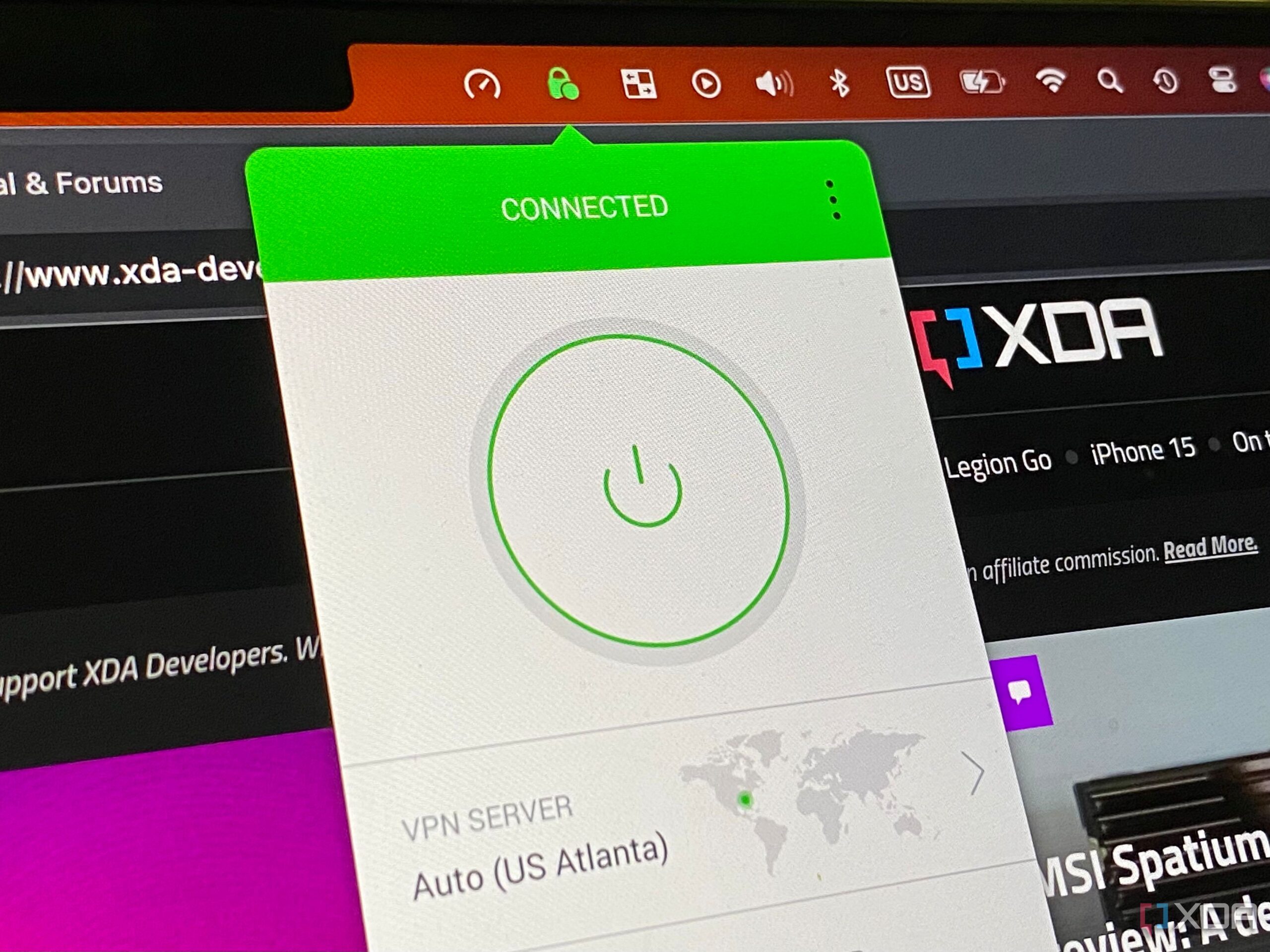URGENT UPDATE: New insights reveal how Internet Service Providers (ISPs) and major online platforms can detect when users are employing Virtual Private Networks (VPNs). As VPN usage surges globally for privacy and access to restricted content, companies are ramping up their efforts to identify and block these tools.
Reports indicate that VPNs, which create encrypted connections to mask users’ IP addresses, face increasing scrutiny. Netflix and numerous banks, including Bank of America, are employing sophisticated methods to determine when users are bypassing geographic restrictions or attempting to hide their online activities.
One of the primary techniques involves analyzing users’ IP addresses. Companies utilize databases such as MaxMind to maintain lists of known VPN IP ranges. If your IP address matches one of these lists, platforms can easily block your access. Netflix has been particularly aggressive, often banning IPs associated with cloud servers and VPNs to prevent unauthorized streaming.
In addition to IP checks, businesses monitor DNS requests. If a user’s DNS request reveals a location inconsistent with their IP address—like a user in London attempting to access a server in Ohio—platforms can quickly identify potential VPN use.
As of October 2023, the landscape remains challenging for VPN users. Many financial institutions flag or block logins from VPN-associated IP addresses to prevent fraud, presenting a major inconvenience for legitimate travelers.
Governments and ISPs are also getting in on the action. Deep Packet Inspection (DPI) allows ISPs to examine encrypted traffic and identify patterns consistent with VPN use. This technology, while costly, is increasingly utilized in regions where VPNs are restricted, raising alarms about privacy and censorship.
VPNs are essential tools for users facing heavy internet censorship and surveillance, especially in countries like the United Kingdom and United States. Yet, the growing detection methods create a cat-and-mouse dynamic between VPN providers and those seeking to restrict their usage.
As the battle continues, experts caution that while VPNs provide a degree of anonymity, they are not foolproof. Users must remain vigilant about the risks of being flagged as VPN users.
The urgent need for privacy in the digital age is clearer than ever, as more individuals and organizations recognize the limitations of VPNs in protecting their online identities. As the situation develops, consumers should stay informed about the implications of VPN usage and the potential for increased scrutiny from ISPs and online platforms.
Stay tuned for more updates as this story unfolds.
